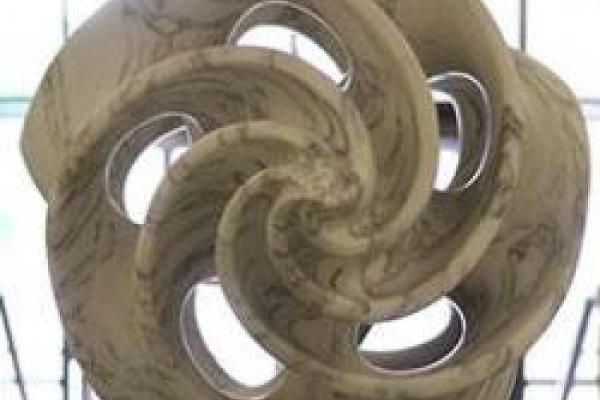
Title: Weyl-type hybrid subconvexity bounds for twisted L-functions and Heegner points on shrinking sets
Speaker: Matthew Young (Texas A&M)
Abstract: One of the major themes of the analytic theory of automorphic forms is the connection between equidistribution and subconvexity. An early example of this is the famous result of Duke showing the equidistribution of Heegner points on the modular surface, a problem that boils down to the subconvexity problem for the quadratic twists of Hecke-Maass L-functions. It is interesting to understand if the Heegner points also equidistribute on finer scales, a question that leads one to seek strong bounds on a large collection of central values. Work of Conrey and Iwaniec from 2000 gives the best-known subconvexity bound for twisted L-functions, but lacks the uniformity required for the more advanced equidistribution problems. I will discuss recent work that resolves these problems.
